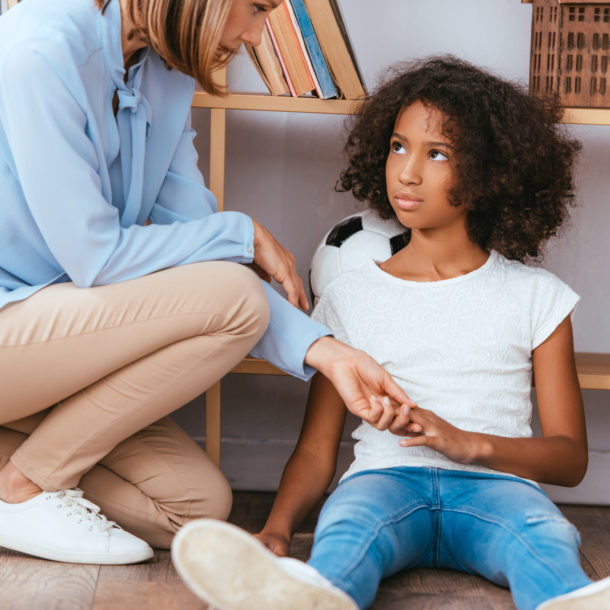
Over the past two decades, the teenage population has grown infatuated with social media platforms. It has become a form of expression, method of communication, and way of life for many teenagers around the world – sometimes in a good way, sometimes in a negative way.
There are so many reasons why teenagers use social media today, and it’s something that seems to change every year. Whether it’s connecting with friends or connecting with family, these social media sites dominate the teenage population on a daily, sometimes hourly basis.
While social media can be beneficial when utilized responsibly, it can be just as damaging when utilized excessively or improperly. In fact, recent studies suggest that teenagers are using social media much more often, more frequently, and for longer periods of time than ever before.
Teenagers’ most popular social media platforms include TikTok, Snapchat, Discord, Instagram, Twitter, and Facebook. Of course, that’s not even including YouTube, Pinterest, WhatsApp, Reddit, and LinkedIn – though they aren’t used nearly as much as the others listed.
Let’s take a look at some surprising and shocking statistics on teen social media use:
As technology continues to dominate the younger generation in today’s digital world, social media usage among teenagers will only continue to rise. If not monitored, controlled, or regulated, teenagers could develop a mental health disorder the more they use social media.
An individual’s teenage years are extremely important in terms of growth and development – not just of the body, but of the brain. That’s why anything that threatens their mental health can have a long-term, damaging impact on a teen’s well-being – including improper use of social media.
How can social media affect teenage mental health? Well, let’s take a look at what the negative social media impact on mental health looks like:
Like most things in life, social media is unharmful and sometimes even beneficial when used in moderation. Unfortunately, some people take advantage of their access to social media, and it starts to have a negative impact on their health – not just mentally, but physically and socially.
Now that you know how social media affects teen mental health and the overall negative social media impact on mental health, you can make the necessary changes in your child’s life to avoid damage to their cognitive health or function. This is vital to growth and development.
In the event of a teen mental health disorder, you can lean on Thrive Teen to provide quality treatment tailored to meet the unique needs of teenagers. With a combination of modern and traditional therapeutic practices, our treatment program will put your child in a position to recover fully.
Contact us today to learn more about our Santa Monica teen treatment program or schedule a tour of our facility. We can’t wait to meet you and your family!